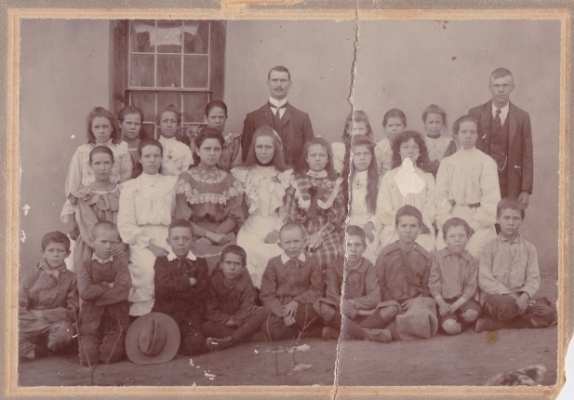THURSDAY, 22 JUNE 2017
I was on my way back from the Chinese restaurant when I thought of America’s history of injustice against nations who were not strong enough to protect themselves. Could have thought of the Philippines almost 120 years ago, Iran in the 1950s, Vietnam in the 1960s.
Specifically, this time, I thought of how the US government acted to protect the concerns of a single company (the United Fruit Company) in Guatemala in the 1950s; how they played dirty tricks, lied, and deceived people in order to overthrow a progressive, democratically elected national leader; a leader who had already begun to give the people of Guatemala a little human dignity after decades of suffocating poverty and exploitation by the American company.
Then I wondered: What justice is there for the victims?
This: History condemns the shameless criminals who robbed these people of their dignity and of any chance of a decent life.
I know it’s cold comfort for the countless men, women and children who suffered and died because these greedy, stupid devils walked the earth. But at least the truth has been recorded, black-on-white, for anyone who wants to know.
———–
If you are interested in reading more about this history, these links are a good start:
Congress, the CIA, and Guatemala, 1954
An Apology for a Guatemalan Coup, 57 Years Later
[Briefly: In 1954, the United States government, with the support of the United Fruit Company, orchestrated a coup in Guatemala that overthrew the democratically elected president, Jacobo Arbenz. The pretext for the intervention was the accusation that Arbenz was soft on communism and thus a threat to US national security. However, the real motive behind the coup was to protect the interests of the United Fruit Company, which owned vast amounts of land in Guatemala and was concerned about Arbenz’s land reform policies. (John Foster Dulles, then US Secretary of State, and his brother, then CIA Director Allen Dulles, had a significant relationship with the United Fruit Company through their partnership at the law firm Sullivan & Cromwell, where they facilitated numerous transactions for the company.)
The operation was carried out by the CIA and involved a range of tactics, including psychological warfare, propaganda, and the use of local anti-communist groups. Amongst other things, the CIA created a fake radio station that broadcasted messages designed to sow discord and confusion among the Guatemalan people. They also spread rumours and false information about Arbenz and his government in order to turn public opinion against him.
After the coup, the new dictator, Carlos Castillo Armas, reversed many of the social reforms that Arbenz had implemented, including land reform and labour protections. He also banned opposition parties and established a regime of terror and violence that lasted for decades. Thousands of people were tortured, disappeared, or killed by government forces during this period.
The United Fruit Company continued to profit from its operations in Guatemala, and the US government continued to support the regime, providing military and economic aid. The legacy of the US intervention in Guatemala is still felt today, as the country struggles to build a democratic society and address the human rights abuses of the past.]
______________________






